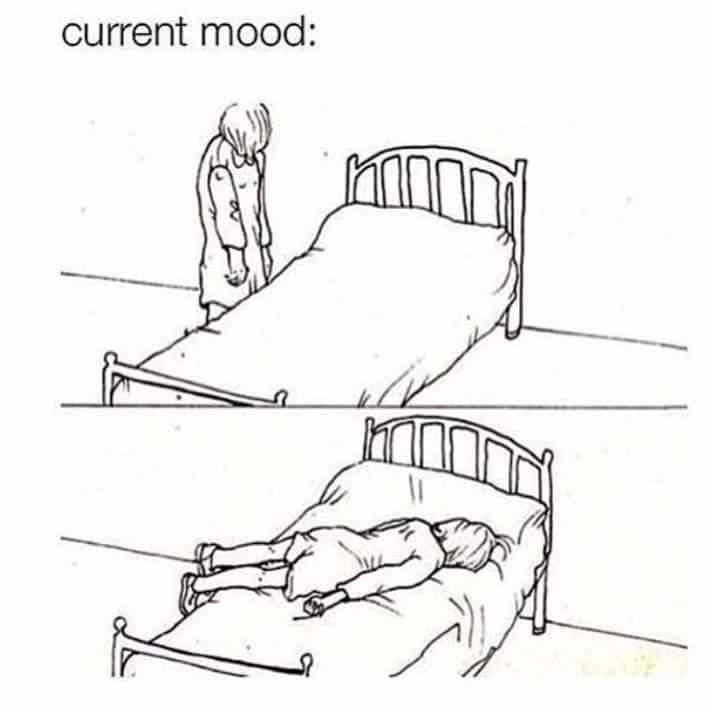
Learning to Love it…
These last couple of weeks I have been tackling a project for class that is traditionally one of the most difficult things for me: reading poetry. Now, last year in Spring I took a course that I thought was going to be the most miserable few hours of my life every week. I took a poetry writing class. During the first week, I ‘fessed up to the teacher (more like practically yelled) that I absolutely HATE poetry. While this took her breath a way for a moment, she came around to the idea of converting me. I was adamant that no one would ever convert me to even tolerating poetry, let alone liking it, or writing it well. The next week, we read a “poem” (which to this day I maintain is not poetry) that was literally a list of words typed out onto the paper. I was even more convinced I would never convert. Cut to the end of the semester, and I have not come to really love all poetry, but I do appreciate it, and some poems touch me in ways I never believed poetry ever could.
Flash forward to today, and I am reading poetry in a way that I would never even have thought existed. I am reading Brown Girl Dreaming by Jacqueline Woodson, which is a memoir in the form of a series of poems. Now, this is a book that would have caught my eye in a bookstore, and I would have probably ended up purchasing it eventually, but maybe not reading it. I have learned that poetry allows a writer freedom of expression that is limited by traditional prose. I also have learned (from Jeanne Clark) that there are no Poetry Police. So when I picked up this book, I treated it as a book of poetry first, and a chronological memoir second. My first read through was not organized in any way. I would simply open the book, and read whatever poem I arrived upon. I wanted to appreciate each poem as beautiful in its own right, and really come to know the individual stories before I moved on to taking it all in as a full book in the “proper” order.
Now, y’all know that I don’t intend to teach, and I am a self proclaimed horrible poetry student, but I think that had I been presented with this text, or excerpts of this this text in a poetry class or lesson, I would have been a fan at a much younger age. This book really lends itself to many aspects of academia; it has a family tree in the front, it has a family album in the back, and many of the poems lend themselves to imitation and teaching. I truly enjoyed this book in all of the ways that I never thought I could enjoy poetry. I also got back into poetry writing, and in the current situation in my life, having our writing assignments in class as springboards for reviving my writing I am beginning to think that this will be an outlet for me going forward into my life. Below, I will insert two poems inspired by, and using lines from, Brown Girl Dreaming.
This first is a starter line poem, in which I used a line from Brown Girl Dreaming as my first line, and continued my poem from there. It is a work in progress, as all poems are. It is tentatively titled Illumination.
And begin searching for brilliance…
words on pages
seem to mean nothing
and everything
Hunting,
searching through the forest
of life. Seeking meaning,
purpose,
love.
These are the things
that make life
worth wanting
worth living.
Without living, there can be no discovery.
discovery of evidence
of science or belief
no new lives to live.
Brilliance isn’t just
smarts.
It is light.
Illuminating
Following this poem, I had a lot of trouble editing it, I played with form and format, and tried to get away from my tendency to make simply straight, end stopped, boring looking poems. I feel that this is something that Jacqueline Woodson accomplished well in Brown Girl Dreaming. My next poem is lines only derived from this book, and it is called a Cento, which I have learned is not plagiarism, but is imitation and a true form or poetry. It is currently untitled.
He wants to know where the sky ends
and how;
Write down what I think I know.
The knowing will come,
just keep listening.
I am in the world
but not of the world.
How can I explain to anyone
that stories are like air to me.
I breathe them in
and let them out
over and over again.
My sister tells me
our school was once a castle
and it’s not even strange
that it feels the way it always felt.
Like the place we belong to
like home.


One Reply to “Learning to Love it…”
I feel the exact same way about poetry. It is not my favorite. I really liked that you said you don’t like poetry but appreciate it. There is a huge difference between the two and appreciation is maybe even more important. You can see where people are coming from and can understand their enjoyment for it while not fully enjoying it your self. Poetry gives people so much freedom for expression as you said, and in many ways. Many people do not understand this because teachers may not allow for that freedom in older grades and poetry is not much of a thought in elementary school grades. The poems you wrote were very good and written very well. I really liked the end of the cento when it talked about home. I thought writing this poem would be hard but I really enjoyed it.